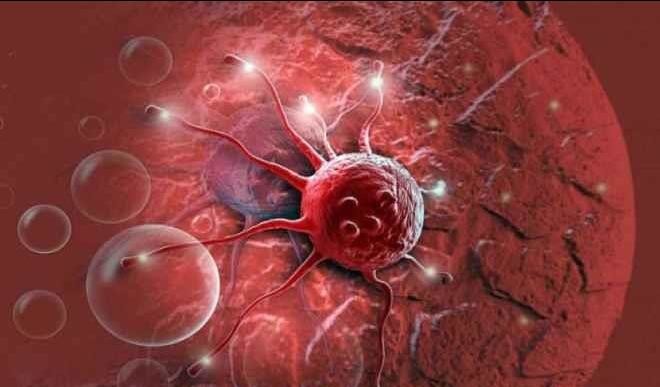NMA demands scale-up of 5-year cancer control plan
Doctors on Monday called on federal government to scale up implementation of the National Cancer Control Plan, citing the rising number of deaths. Estimates suggest 115,950 new cases of cancer were reported in 2018 alone, and they killed more than 70,000 people. “The cancer death rate in our country is still one of the worst […]

FILE PHOTO
Doctors on Monday called on federal government to scale up implementation of the National Cancer Control Plan, citing the rising number of deaths.
Estimates suggest 115,950 new cases of cancer were reported in 2018 alone, and they killed more than 70,000 people.
“The cancer death rate in our country is still one of the worst in Africa, and this requires attention,” said Dr Philip Ekpe, chairman of the Nigerian Medical Association’s Abuja chapter.
The five-year plan lists priority areas in cancer control between 2018 and 2022, but the Nigerian Medical Association has spoken of “urgently raise awareness on cancer prevention and enforce legislations” that can aid prevention.
Legislation already exists to control tobacco use in hopes of cutting cancer deaths, but its implementation is inadequate.
NMA called for incorporating human papilloma virus vaccine into routine immunisation schedule, in efforts to cut cervical cancer among women.
Cancer of the cervix is the second deadliest cancer for women, after breast cancer.
The World Health Organisation (WHO) estimated up to six in 10 new cancer cases in the world are recorded in Africa, but seven in 10 cancer deaths globally are in Africa.
Late detection and expensive treatment contribute to the rising cancer deaths, leaving prevention through screening an option.
“Cancer screening and early detection services need urgent intervention,” Ekpe told a press conference to mark World Cancer Day in Abuja.
“Our screening rate is among the lowest in the world, and even among educated, enlightened people,” said Ekpe.
“No excuse is enough not to have a positive behaviour toward prevention of cancer.”
